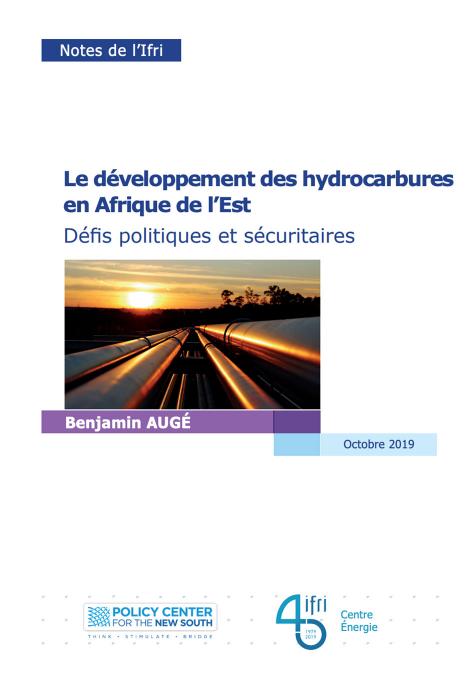Publications /
Book / Report
Commodities are at the very heart of economic activity. From oil to wheat, from aluminum to coffee or rubber, we are all, in one way or another and to varying degrees, dependent on commodities. Different in terms of their physical properties but governed by common economic mechanisms, traded on global and oligopolistic markets, subject to intense competitive pressures and speculative bets, often marked by highly volatile prices, objects of geopolitical rivalries or cooperatives strategies: commodities are certainly products unlike any other in the economic world. It is therefore essential to understand not only the mechanisms governing their price formation, but also the profound changes which affect their markets. From this point of view, the financialization of commodity markets, defined both as the boom in commodity investment funds during the so-called “commodity super-cycle”, and the increased role played by financial derivatives markets in commodity industries, is a major economic development that needs to be analyzed extensively. This is the ambition of this book. Written by recognized experts from the academic world or major international institutions, it aims to explore the different facets of this complex and often misunderstood phenomenon. What role can futures markets play in determining commodity prices? How have they evolved in modern times? To what extent has speculation shaped the commodity super-cycle? How can we understand that some commodities have known this financialization phenomenon for a very long time while others have not? Are there any significant differences in the way commodity industries, whether agricultural, metal or energy, become financialized? Finally, if we accept the idea that financialization is part of an irrevocable process, what forms could it take in the years to come? These are among the many questions addressed here which make this book a new and useful contribution to public debates.








